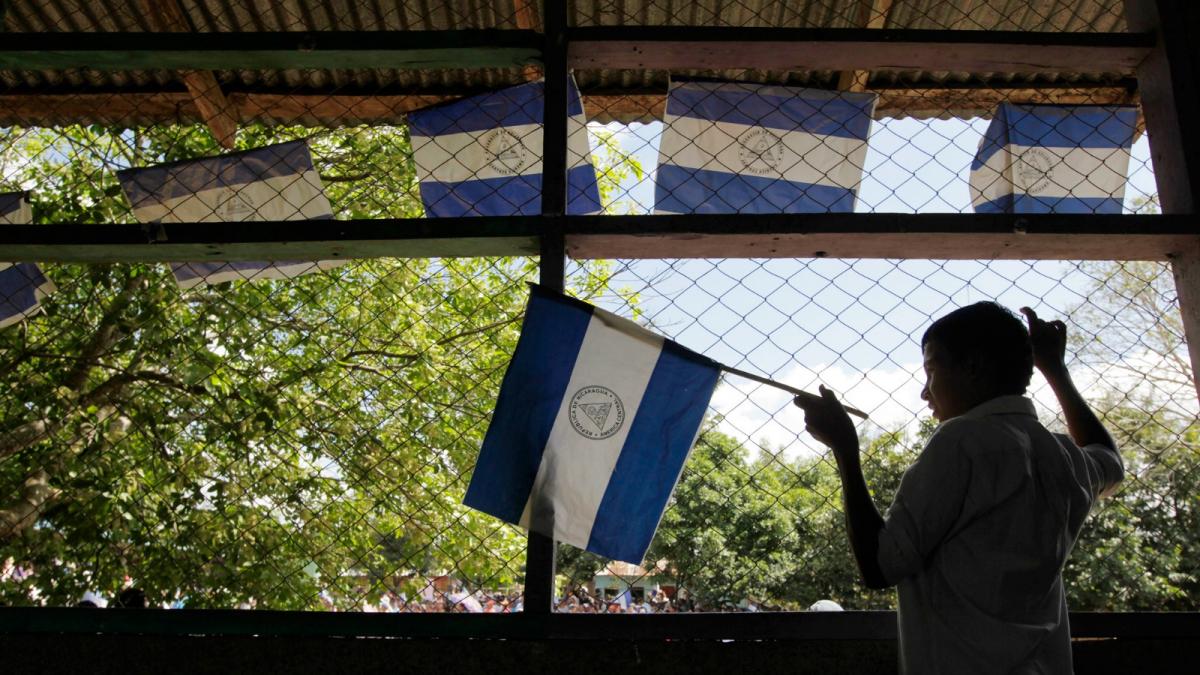This story was originally published by Slate and is reproduced here as part of the Climate Desk collaboration.
On Thursday, President Trump announced that the U.S. will withdraw from the Paris Agreement on climate change. The U.S. will join just two other U.N. member countries that haven’t signed on: Syria and Nicaragua. It would seem pretty clear why Syria hasn’t signed on to the agreement, given the current political turmoil, but why is Nicaragua so against it?
Because the agreement doesn’t do enough to fight climate change. Nicaragua’s Paul Oquist, who represented the country at the Paris negotiations in 2015, has said that Nicaragua’s main problem with the Paris Agreement is that countries’ pledges to fight climate change — known as “intended national determined contributions” — are voluntary. Oquist says that because the commitments aren’t binding, the climate change agreement will fail to meet its goal.
“[We’re not going to submit because] voluntary responsibility is a path to failure,” Quist said in 2015 to a reporter from Climate Home. “We don’t want to be [an] accomplice to taking the world to 3 to 4 degrees and the death and destruction that repres... Read more
